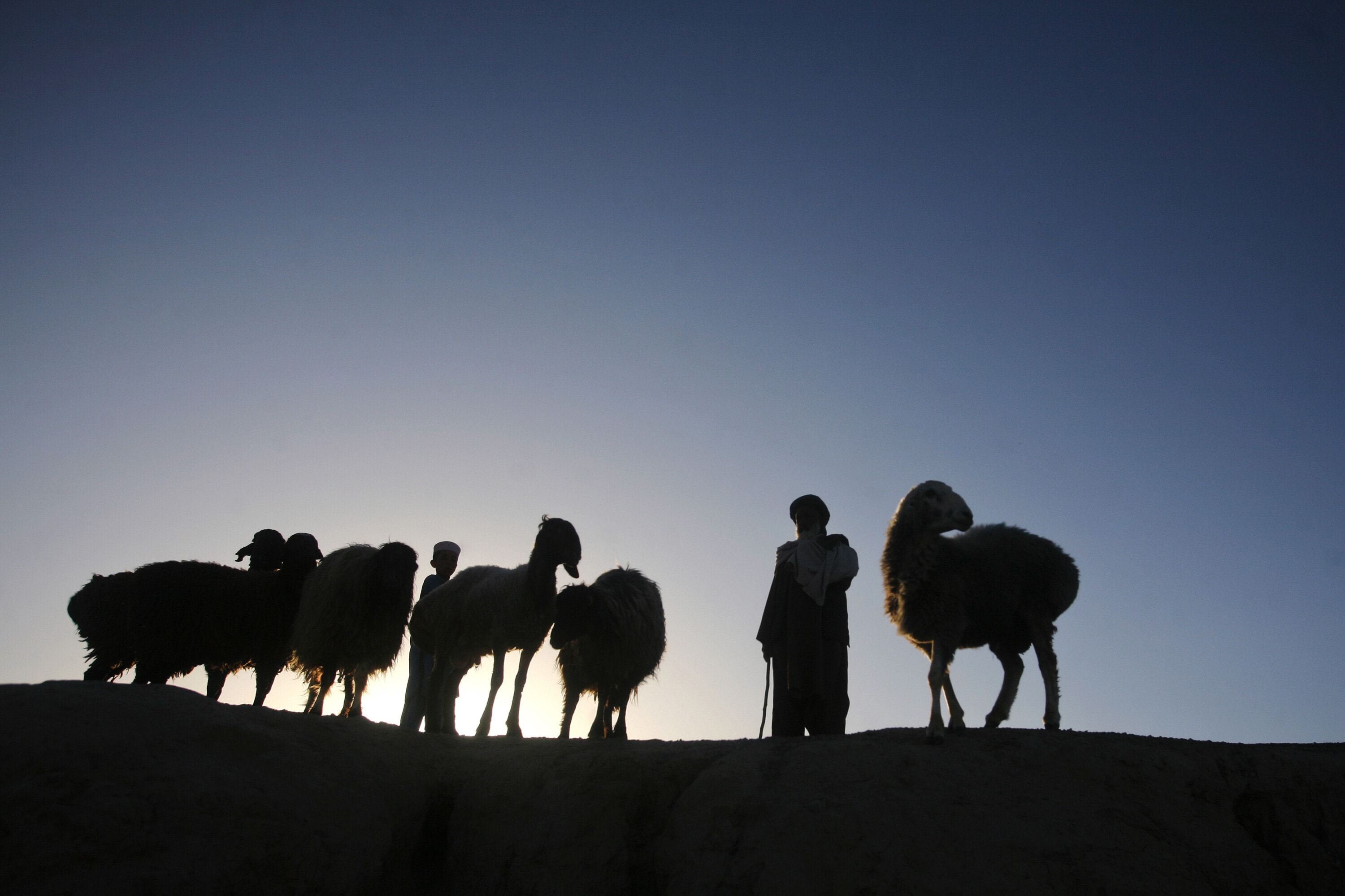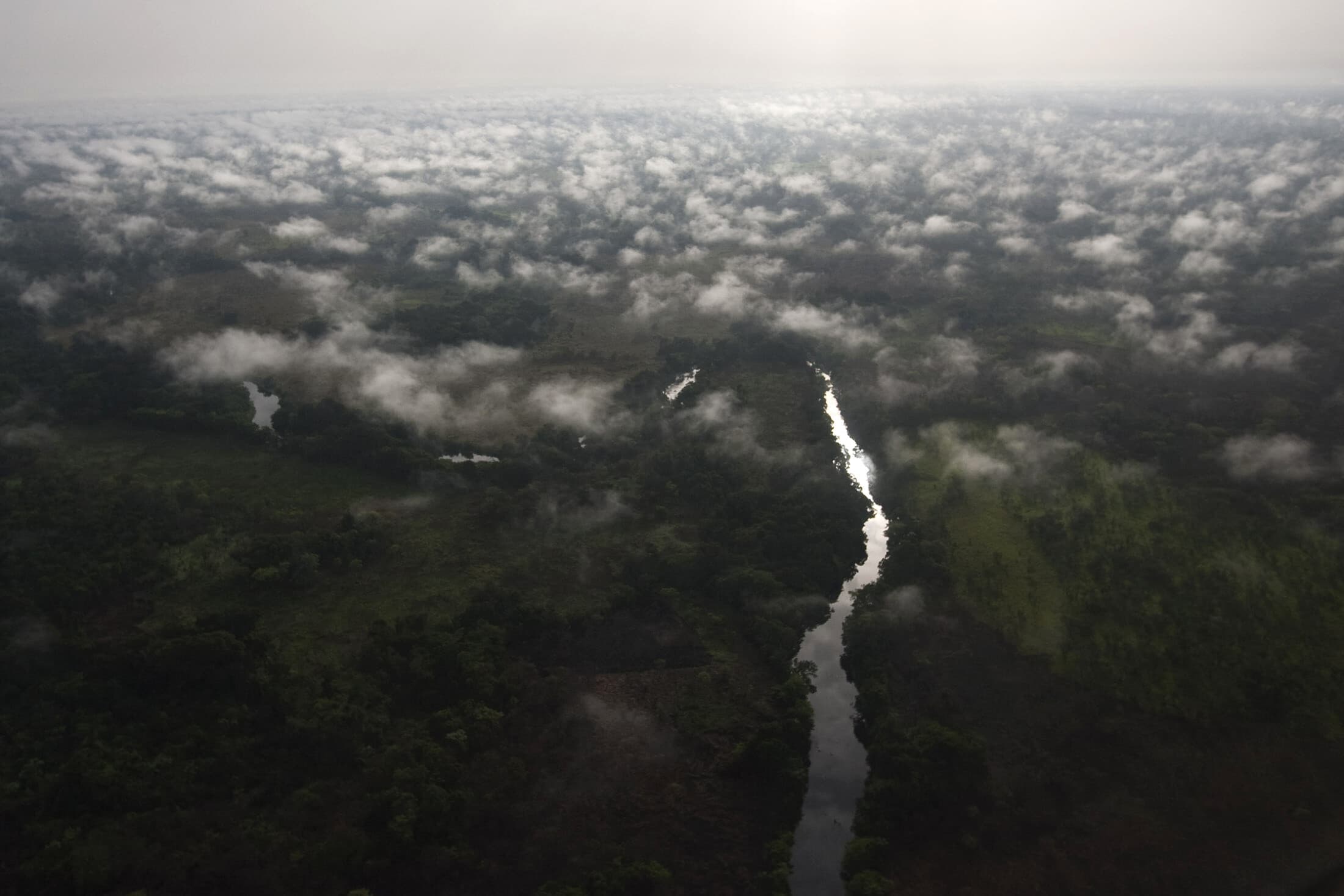James Balzer is an Australian strategic foresight practitioner, who specialises in helping business and the public sector navigate complex issues for the long-term. He is on the Steering Committee of Next Generation Foresight Practitioners (NGFP), and leads the Intergenerational Fairness in Cities Community of Practice (IGF Cities CoP) through the School of International Futures. He led the Founding Steering Committee of the World Economic Forum’s Future 50 Initiative, supporting global youth to be upskilled in long-term foresight practices to achieve intergenerational fairness. James is also the Foresight Lead at the Odyssean Institute, where he collaborates with international think tanks, governments and business to achieve long-term resilience through methods such as scenario mapping, horizon scanning and sense-making. He continues to be cited by the World Economic Forum in his research on resilient and sustainable infrastructure governance, via the WEF Centre for Nature and Climate. He is also a Researcher at the Disruptive Futures Institute, where he conducts world-first research into the role of anticipatory governance in long-term carbon market reform, in collaboration with Lux Carbon Standard - Brazil's first carbon credit certifier. He has also worked for the Australian and New South Wales Governments, along with UN Habitat Bangkok and UNESCO. James is an Adjunct Fellow at Macquarie University, a Guest Lecturer at Waseda University and a Visiting Lecturer to the Institute for Environment and Sustainability, Lee Kuan Yew School of Public Policy.








